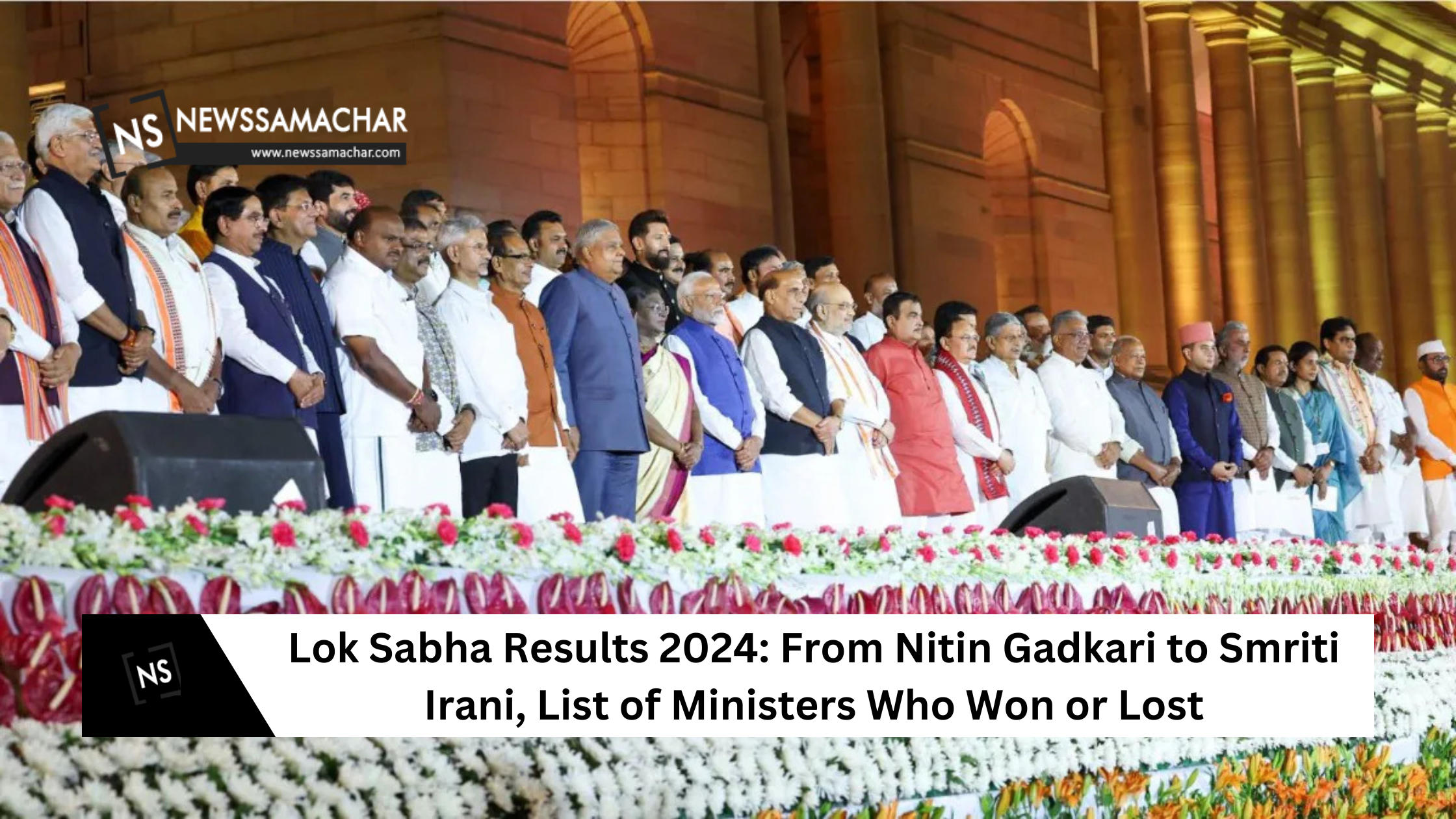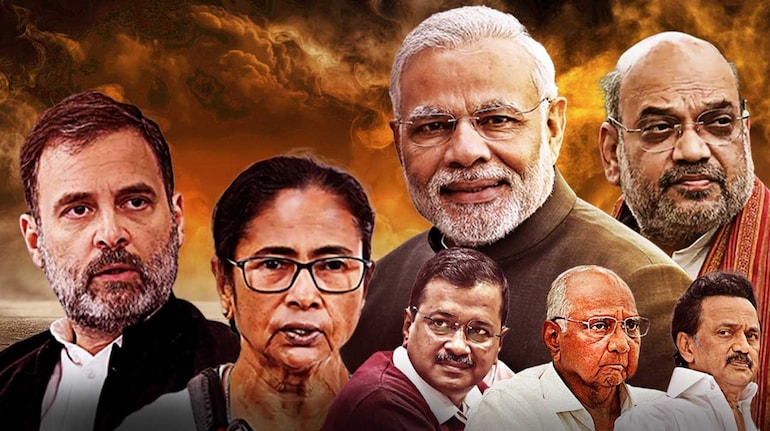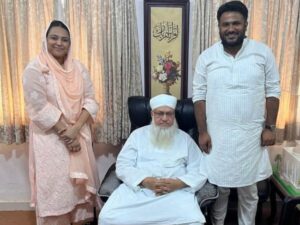
The 2024 Lok Sabha elections have been a whirlwind, bringing surprising results and reshaping India’s political landscape. Key ministers faced tough battles, some emerging victorious while others faced unexpected defeats. This blog highlights the significant wins and losses among prominent Union Ministers, shedding light on the shifting dynamics within Indian politics.
Key Victories
Nitin Gadkari, the Union Minister for Road Transport and Highways, retained his seat significantly. Voters resonated with Gadkari’s continued focus on infrastructure development, including expanding national highways and introducing innovative projects. His victory reinforces his role as a pivotal figure in the government’s development agenda.
Piyush Goyal, the Minister of Commerce and Industry, also secured a win in his constituency. Goyal’s efforts in enhancing trade relations, promoting Make in India, and driving economic reforms have garnered a positive reception. His victory underscores the electorate’s approval of his economic policies and strategic initiatives.
Rajnath Singh Defense Minister Rajnath Singh’s re-election was another notable victory. Singh’s leadership in strengthening India’s defense capabilities and diplomatic handling of security issues has been widely recognized. His win is a testament to his effective management of national security concerns.
Ministers Who Faced Defeat
Smriti Irani In a surprising turn of events, Smriti Irani, the Minister of Women and Child Development, lost her seat. Despite her high-profile status and previous electoral successes, Irani could not secure a win this time. Her defeat marked a significant shift, as she had been a prominent figure in the BJP and was known for her dynamic personality and involvement in various social initiatives.
Rajeev Chandrasekhar Rajeev Chandrasekhar, the Minister of State for Electronics and Information Technology, also lost in the elections. Despite his contributions to the digital sector and efforts to promote technological advancements, Chandrasekhar couldn’t secure enough votes to retain his seat. This loss reflects the changing dynamics and challenging nature of electoral politics.
Prahlad Joshi Prahlad Joshi, the Minister of Parliamentary Affairs, Coal and Mines, lost his seat in the 2024 elections. Joshi’s work in the coal and mining sector and his role in parliamentary proceedings were significant, yet they did not translate into electoral success. His defeat highlights the unpredictability of voter sentiment and the competitive nature of the elections.
Other Notable Outcomes
Hardeep Singh Puri Hardeep Singh Puri, the Minister of Petroleum and Natural Gas, won his seat. Puri’s efforts in ensuring energy security and his work in the urban development sector contributed to his victory. His focus on sustainable energy solutions and urban infrastructure development resonated with the voters, securing him another term.
Anurag Thakur Anurag Thakur, the Minister of Information and Broadcasting, also emerged victorious. Thakur’s work in the media and broadcasting sector and his dynamic approach to communication and public outreach played a crucial role in his win. His ability to connect with the younger electorate and address contemporary issues effectively was essential to his success.
Analysis of the Election Trends

The 2024 Lok Sabha elections revealed several key trends:
- Local Issues Matter: While national policies and ministerial performance are crucial, local issues and candidate connections significantly influence voter decisions. Ministers perceived as more in touch with local concerns fared better.
- Youth and New Voters: The influence of young and first-time voters was evident. Ministers who successfully engaged with the youth and addressed their aspirations saw positive results.
- Economic Impact: The economic situation, including inflation and employment rates, played a pivotal role. Ministers associated with positive economic changes were rewarded, while those unable to address economic grievances faced backlash.
- Social Media and Campaign Strategies: The role of social media in shaping public opinion and campaign strategies was more pronounced than ever. Ministers with effective digital outreach and campaign strategies built stronger connections with the electorate.
Implications of the Results
The 2024 Lok Sabha election results signify a critical juncture in Indian politics. The victories and defeats of these ministers indicate changing voter preferences and the impact of their work over the past term. For the winning ministers, it validates their efforts and provides an opportunity to continue their initiatives with renewed vigor. For those who lost, it represents a moment for introspection and understanding the evolving expectations of the electorate.
The results also underscore the importance of connecting with the electorate and addressing their immediate concerns. Ministers who focused on tangible improvements in their sectors and maintained a strong presence in their constituencies found tremendous success. Conversely, those who may have needed help communicating their achievements or aligning with voter priorities faced challenges.
Conclusion
The 2024 Lok Sabha elections have been a defining moment in Indian politics, highlighting the dynamic nature of voter behavior and the complex interplay of local and national issues. The victories and defeats of key Union Ministers like Nitin Gadkari, Smriti Irani, and Rajnath Singh provide valuable insights into the evolving political landscape. As India moves forward, these results will shape the future course of governance and policy-making.






